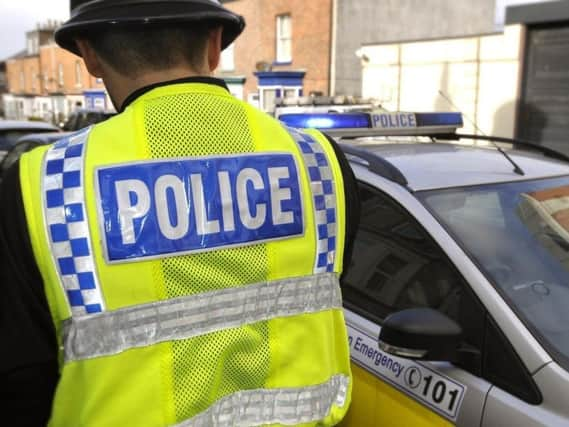Man too drunk to walk and woman irate about eyebrows among 'inappropriate' calls released as police make Christmas 999 appeal


Cleveland Police is urging people to think twice about whether or not they need to call 999 as the festive season approaches.
Traditionally the lead up to Christmas is a busy period for all of the emergency services, and officers are reminding people to use the 999 and 101 system appropriately and not to make hoax calls, otherwise they could face prosecution.
Advertisement
Hide AdAdvertisement
Hide AdTo underline senior officers' point, the force has released some of the "inappropriate" situations call takers have handled 999 calls about in recent months.
These include:
• Someone who didn’t like their eyebrows after an appointment and expected the police to deal with the beautician and demand a refund
• A business owner who didn’t like the reviews left about his business on their Facebook page
• A football fan asking what the football score was
The non-emergency system has been used by people reporting that:
Advertisement
Hide AdAdvertisement
Hide Ad• The gas meter has been removed because they didn’t pay the bill
• A parcel has not been delivered properly through a door
Superintendent Emily Harrison of Cleveland Police said: “The 999 system saves lives, it’s so important that lines are used for genuine emergencies.
"If people use the system inappropriately, or are hoax callers, it could mean the difference between life and death for other people trying to get an emergency response.
“Our resources are stretched and we would ask people to think about whether it is even the police that they should be calling.
Advertisement
Hide AdAdvertisement
Hide Ad"Often, even on our non-emergency line, we take calls that should be dealt with by other services. People should check the Cleveland Police website or Ask the Police website in the first instance for non-emergency issues.”